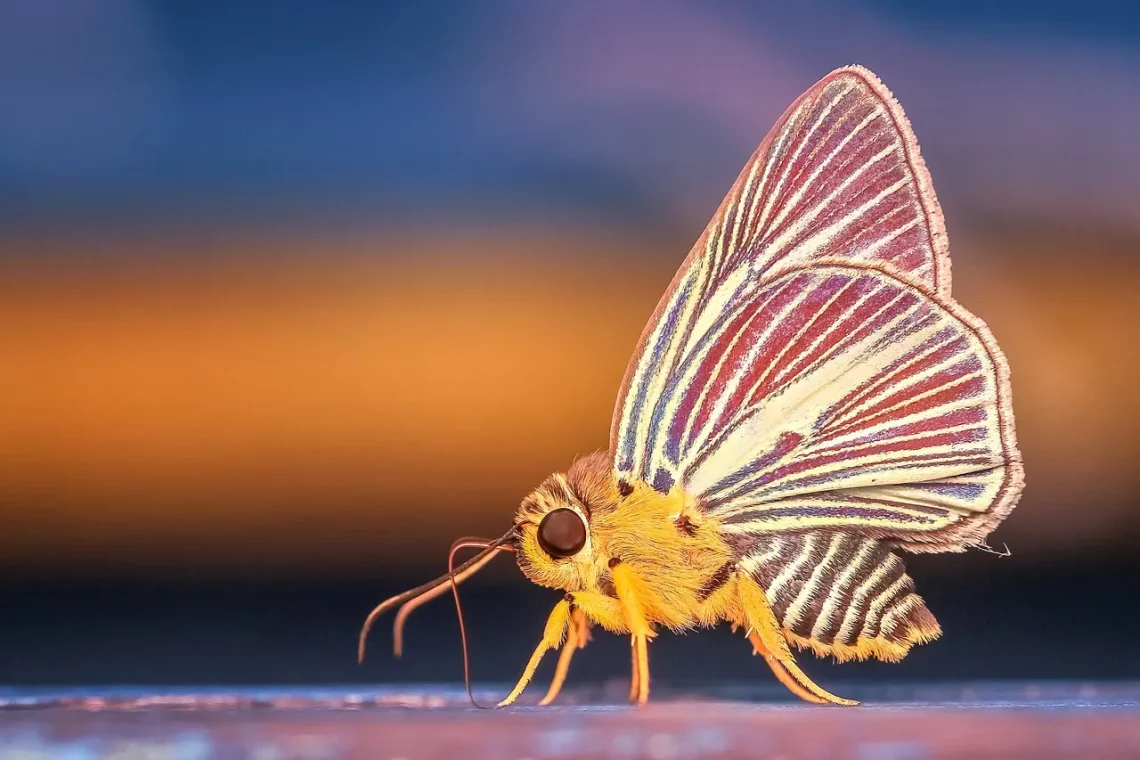
Effective Flies Spray: Keep Your Home Insect-Free All Year Round
Keeping your home free from insects is an ongoing challenge for many homeowners. Flies, in particular, can be a significant nuisance, not only disrupting daily activities but also posing potential health risks. Their ability to breed rapidly and invade living spaces makes it crucial to have effective strategies in place for prevention and control. Many people often resort to chemical solutions, but there are various approaches to managing fly populations that are both effective and environmentally friendly.
The presence of flies is not just an annoyance; they can contaminate food and surfaces, leading to health concerns. Understanding the behavior and breeding habits of flies can provide insights into effective management techniques. By implementing proper sanitation practices, utilizing natural repellents, and employing traps, homeowners can significantly reduce the likelihood of a fly infestation. Additionally, seasonal changes can impact fly behavior, making it essential to adapt strategies throughout the year.
In this article, we will explore various methods for keeping your home insect-free, focusing on effective fly sprays and alternative solutions that promote a healthier living environment. With the right knowledge and tools, you can ensure your home remains a peaceful sanctuary, free from unwanted pests.
Understanding Fly Behavior and Breeding Habits
To effectively combat flies, it is essential to understand their behavior and breeding habits. Flies are attracted to food sources, particularly decaying organic matter, which serves as an ideal breeding ground. Common types of flies, such as house flies and fruit flies, are drawn to different stimuli. House flies are attracted to waste, while fruit flies prefer fermenting fruits and vegetables.
Flies reproduce quickly, laying hundreds of eggs in a single cycle. This rapid life cycle means that an infestation can grow exponentially if not dealt with promptly. Understanding where flies breed is crucial for effective prevention. Regularly checking potential breeding sites, such as garbage bins, compost heaps, and even pet waste, can help eliminate fly populations before they become a problem.
Additionally, flies have specific peak activity times, often being more prevalent in warmer months. They thrive in temperatures ranging from 75 to 95 degrees Fahrenheit. During these months, homeowners must be more vigilant in their prevention efforts. This knowledge allows for targeted interventions, such as deploying traps and sprays during peak seasons.
By recognizing fly behavior and breeding patterns, you can implement proactive measures to keep these pests at bay. Regular cleaning and monitoring of your environment, coupled with effective fly control products, can dramatically reduce the likelihood of infestations.
Natural Remedies for Fly Control
For those seeking environmentally friendly alternatives to chemical sprays, numerous natural remedies can effectively deter flies. Essential oils, vinegar, and even certain plants can be utilized to create natural repellents.
Essential oils such as lavender, eucalyptus, and peppermint are known for their insect-repelling properties. By mixing these oils with water and a few drops of dish soap in a spray bottle, you can create a simple yet effective fly repellent. Spraying this solution around windows, doorways, and other entry points can help keep flies at bay.
Vinegar is another potent natural deterrent. A mixture of apple cider vinegar and dish soap can attract and trap flies. The vinegar lures them in, while the soap decreases the surface tension, causing them to drown. Placing bowls of this mixture around your home can significantly reduce fly populations.
Certain plants also serve as natural repellents. Basil, marigold, and mint are known to deter flies and can be grown indoors or outdoors. By incorporating these plants into your home or garden, you not only enhance your space’s aesthetic appeal but also create a natural barrier against unwanted pests.
These natural remedies not only help keep flies away but also contribute to a healthier environment, free from harsh chemicals. By opting for these alternatives, you can create a safe space for your family and pets while effectively managing fly populations.
Using Traps and Sprays Effectively
When it comes to managing fly infestations, using traps and sprays can be an effective approach. Understanding how to utilize these tools properly can enhance their effectiveness and contribute to an insect-free environment.
Traps come in various forms, from sticky traps to electric zappers. Sticky traps are particularly useful for indoor use, as they can easily be placed in areas where flies are commonly seen. These traps attract flies and capture them, reducing their numbers over time. For outdoor areas, electric zappers can be effective, as they attract flies with light and eliminate them on contact.
Sprays, whether chemical or natural, can also play a significant role in fly control. Chemical sprays are often effective for immediate results but should be used with caution due to potential health risks. Always follow the manufacturer’s instructions and ensure proper ventilation during application.
For those preferring natural sprays, several commercial products utilize essential oils and other natural ingredients. These sprays can be applied around entry points and common fly hangouts to create a protective barrier against these pests.
When using traps and sprays, it’s vital to maintain a clean environment. Regularly removing food sources and waste will complement your efforts, ensuring that traps and sprays work effectively. By integrating traps and sprays into your fly management strategy, you can create a comprehensive approach to keeping your home insect-free.
Seasonal Strategies for Fly Prevention
Flies tend to have seasonal patterns of activity, making it essential to adapt your prevention strategies throughout the year. Understanding these seasonal changes can help you stay one step ahead in your efforts to keep your home fly-free.
During the spring and summer months, flies become more active due to warmer temperatures. This is the time when homeowners should be particularly proactive in their prevention efforts. Regularly cleaning outdoor spaces, sealing trash bins, and ensuring food is stored securely can help deter flies from entering your home.
As temperatures begin to drop in the fall, fly activity may decrease, but this does not mean that prevention efforts should cease. Autumn is a crucial time to prepare for winter, as certain types of flies, like cluster flies, seek shelter indoors as the weather cools. Sealing cracks and crevices in windows and doors can help prevent these pests from entering.
In winter, while fly activity may be lower, it’s still important to maintain cleanliness. Flies can breed in heated indoor environments if food sources are left exposed. Regularly cleaning kitchens, disposing of expired food, and maintaining a tidy environment can keep flies at bay even in the colder months.
By implementing seasonal strategies for fly prevention, homeowners can effectively manage fly populations year-round. Staying vigilant and adapting your approach according to the time of year will contribute to a more comfortable and insect-free home environment.
In conclusion, maintaining an insect-free home requires a multifaceted approach that includes understanding fly behavior, utilizing natural remedies, employing traps and sprays, and adapting strategies according to the seasons. By incorporating these methods, you can create a welcoming and healthy living space for you and your family.
**Disclaimer:** This article is for informational purposes only and should not be considered medical advice. Always consult a healthcare professional for any health-related issues.




